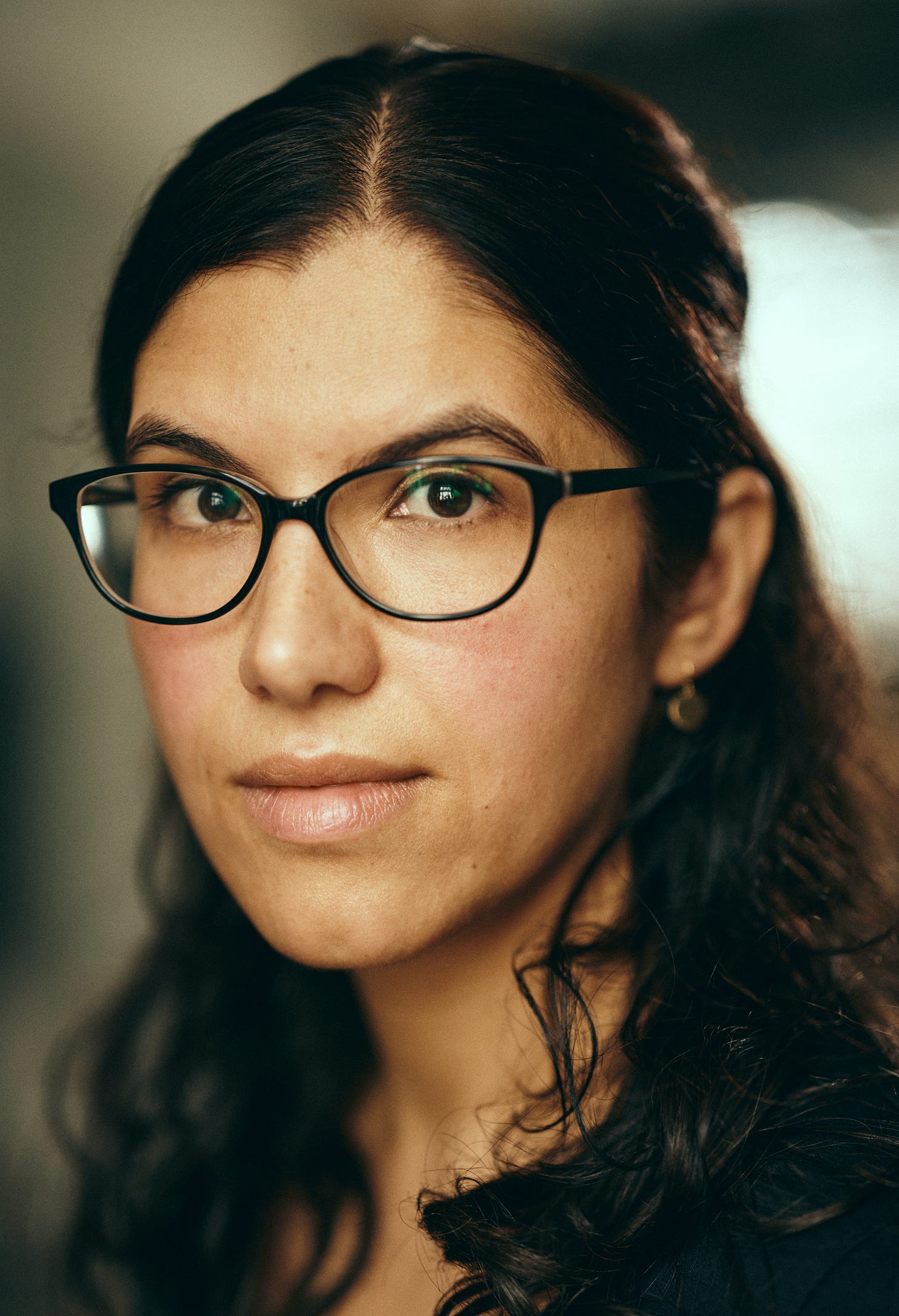Sarala Estruch: “It can be frightening if you don’t know how to code switch”
The poet on evolving identities, complex histories and poetry as exploration
Hi, welcome back to Mixed Messages! This week I’m speaking to poet Sarala Estruch, who is of mixed European and Indian heritage. Sarala’s debut poetry collection After All We Have Travelled journeys across time, continents and cultures, drawing on her own family’s story to explore empire, trauma and (dis)connection. It’s a collection that wil…


